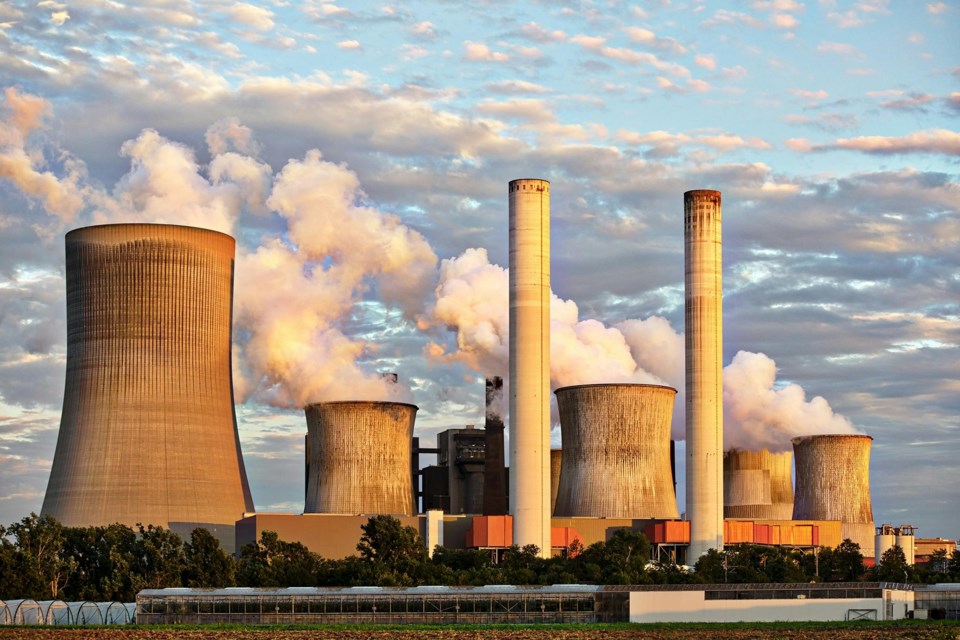President-elect Donald Trump has assigned Colorado-based oil and gas executive Chris Wright to oversee the U.S. Department of Energy.
Wright's appointment, as Liberty Energy's founder and CEO, marks a change in energy strategy emphasizing fossil fuels.
Reactions to his nomination have been varied; industrial leaders have praised him while environmental groups have strongly objected.
Chris Wright's Background and Role in Energy
Founded and serving as CEO of Liberty Energy, a Denver-based fracking service provider, Chris Wright has been known under his direction for inventions including "quiet fleet" technology, which lowers noise during extraction operations.
His energy career spans decades, and he is a well-known person in the oil and gas industry.
If confirmed, Wright will lead the Department of Energy, which oversees the country's nuclear weapons and energy programs.
He is also set to serve on the National Energy Council, a new body focused on cutting red tape and encouraging private investments in energy innovation.
Controversy Around Climate Stance
Wright has drawn criticism for his dismissal of the “climate crisis,” which he refers to as alarmist rhetoric.
He has argued that the movement to reduce fossil fuel use could hinder global progress, citing data he says disproves claims of increased climate disasters.
However, experts, including the Intergovernmental Panel on Climate Change (IPCC), have contradicted his claims.
Environmentalists worry about his resistance to transitioning away from fossil fuels.
While Wright acknowledges climate change as real, he has openly criticized renewable energy as insufficient to meet global energy needs.
Industry Praise and Policy Expectations
The oil and gas industry has welcomed Wright’s nomination, highlighting his commitment to affordable and reliable energy.
Dan Haley of the Colorado Oil and Gas Association praised Wright as a pragmatic problem solver who understands the importance of diverse energy sources.
Wright is expected to prioritize liquified natural gas (LNG) exports and reduce regulatory barriers for energy companies.
Supporters believe these policies will strengthen the U.S. economy and position American energy as a global leader.
Environmental Concerns and Criticisms
Concerned about a reversal of climate-friendly policies, environmental organizations have expressed anxiety over Wright's appointment.
Critics contend that while depending more on fossil fuels, which aggravates global warming, his measures could worsen air and water pollution.
Reducing subsidies for renewable energy also raises concerns that the United States may fall behind nations like China in terms of clean energy innovation.
Activists are pushing state officials to offset possible federal deregulations with robust local rules.
This nomination represents a critical juncture in U.S. energy policy, as there are significant disagreements regarding its prospective affects on the economy and environment.
Further discussion regarding Wright's credentials and vision for the future of energy will surely arise during the Senate confirmation process.



